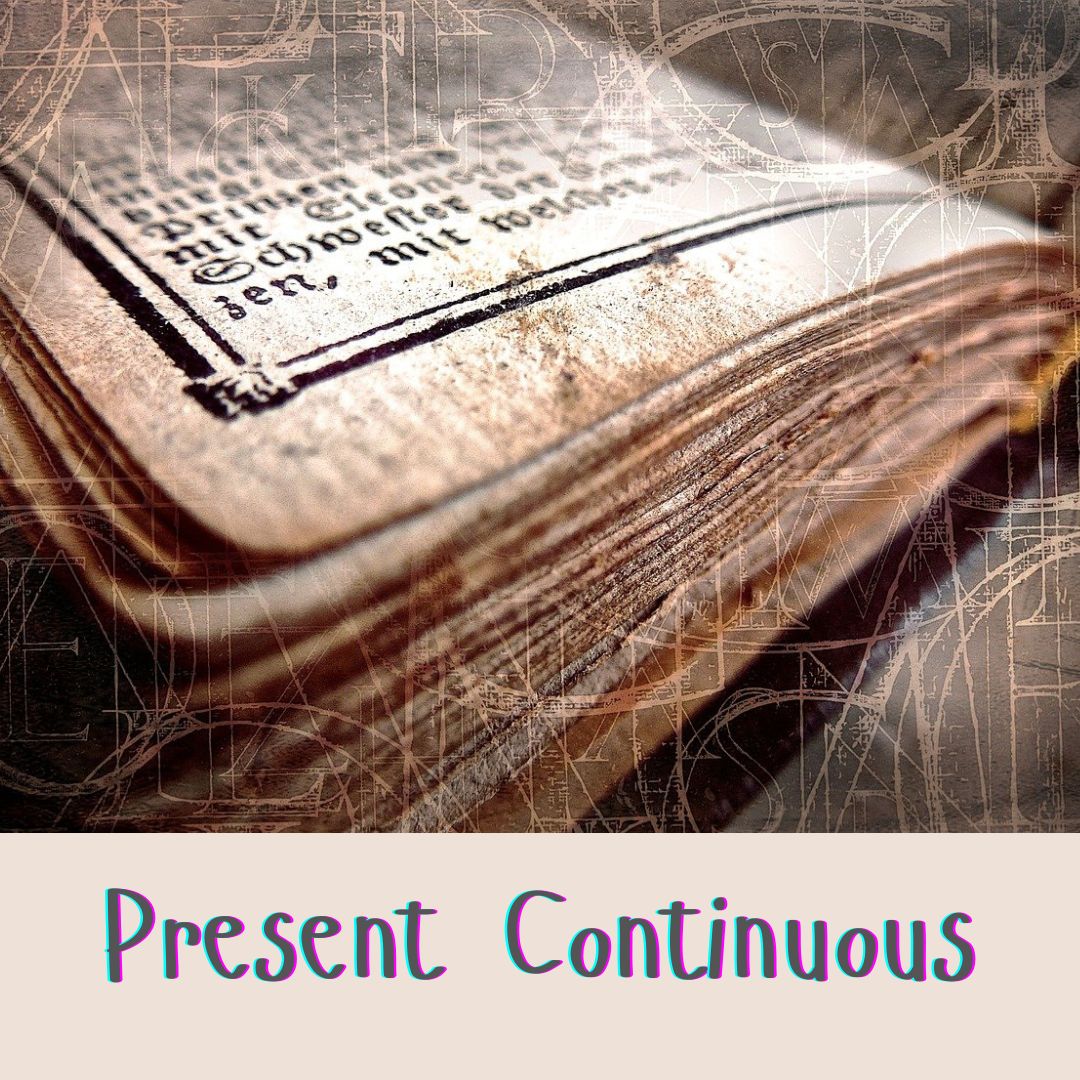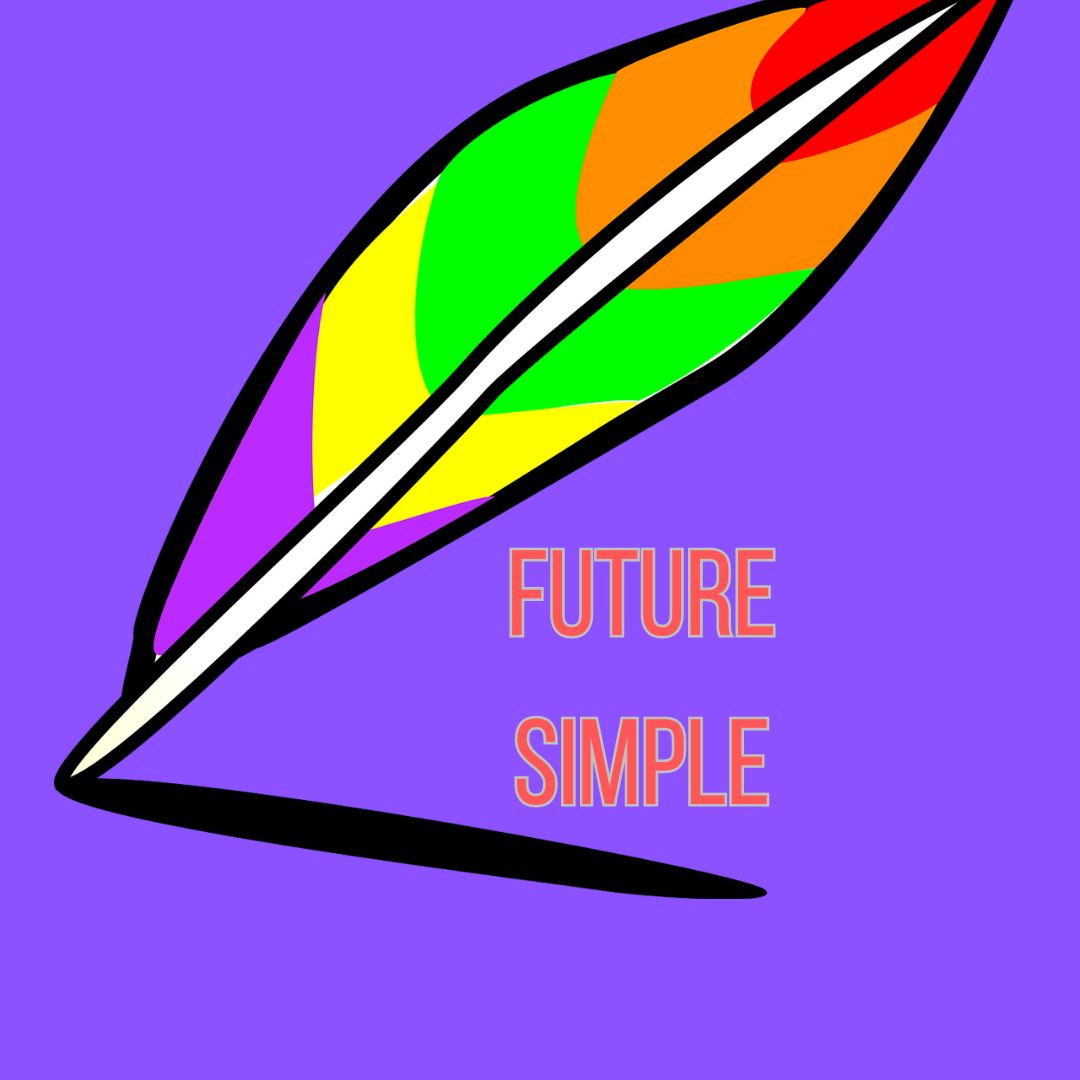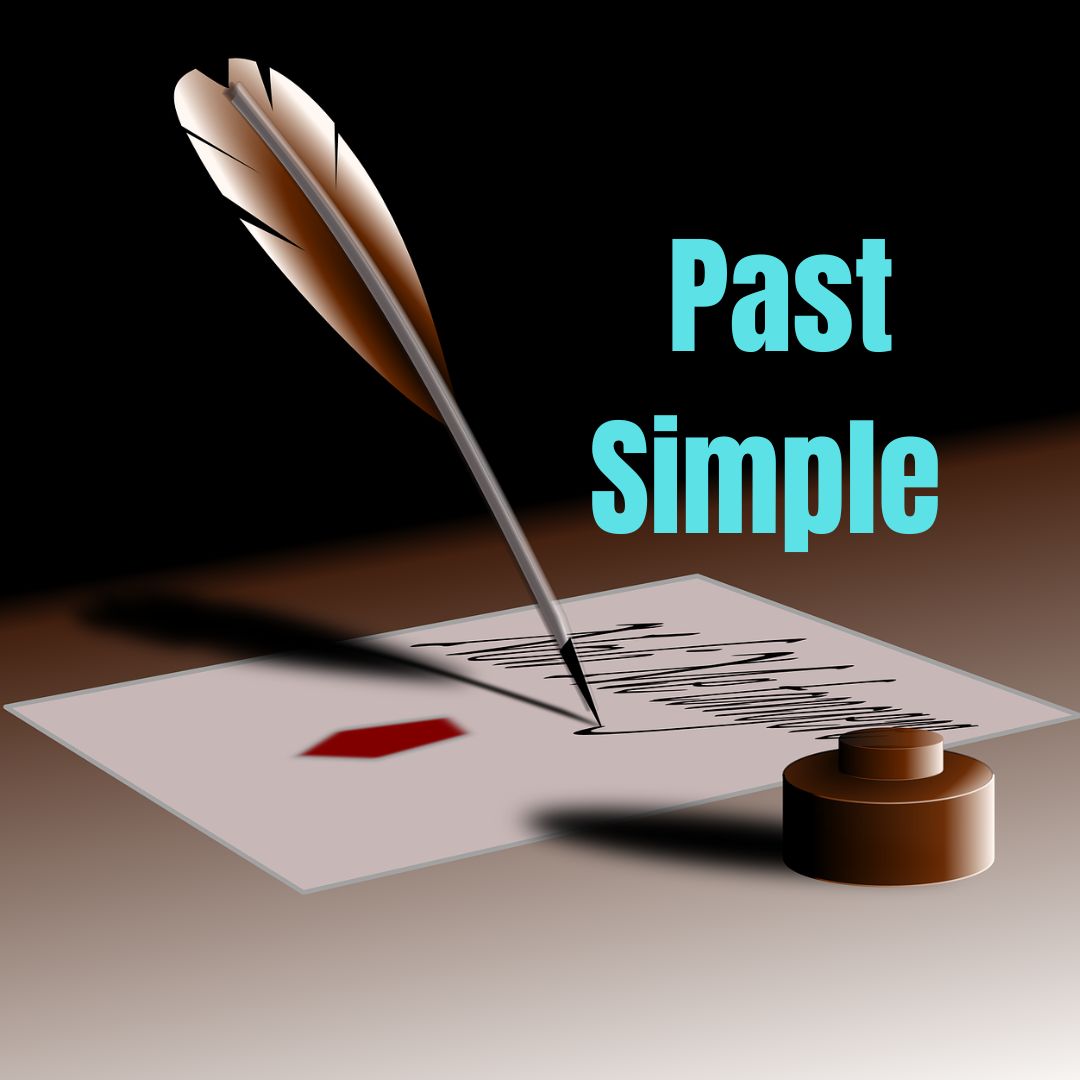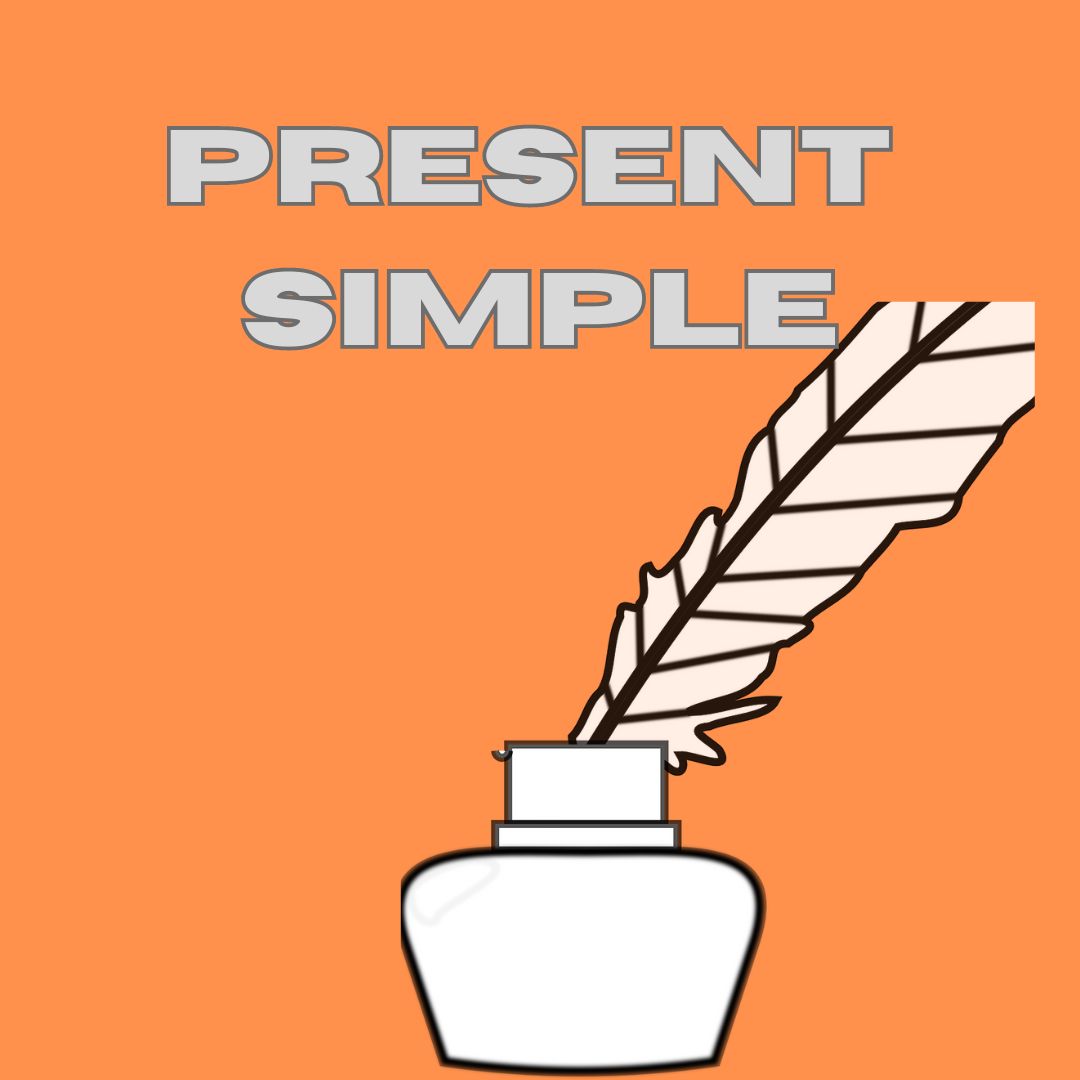Grammar
The Past Indefinite Tense ( The Past Simple)
Some adverbs and time expressions that can be used to indicate the past time frame with the Past Simple (Simple Past) tense:
yesterday, last night, last week, last month, last year, in 2005, two days ago, a week ago, an hour ago, previously, before, then.
These adverbs and time expressions are often used with the Past Simple tense to indicate that the action or event took place in the past and is now completed.




